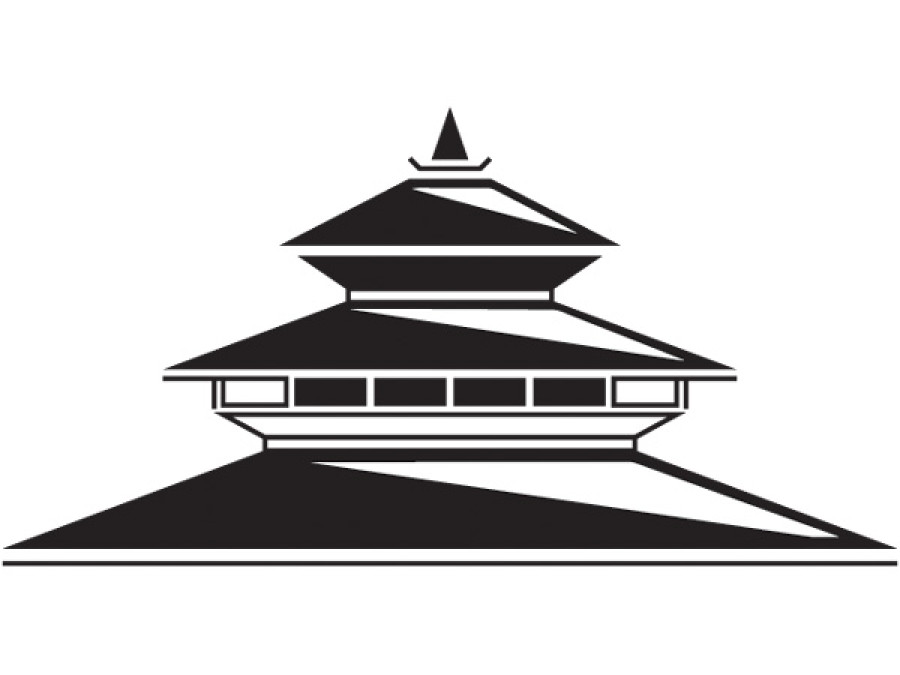Editorial
Gender bias
Since more women die in disasters, the response too must be gender sensitive
This could be a result of many factors. In many households, young male members are likely to have been abroad or in other parts of the country for work. Furthermore, many women could have lost precious moments while trying to rescue their children and the elderly. For a more accurate explanation on why so many women died, more research will be needed.
Even so, there is no dearth of literature on the gendered nature of disasters. In 2007, geographer Eric Neumayer and political scientist Thomas Plümper published a paper based on the study of 4,605 natural disasters that occurred in between 1981-2002 in 141 countries. Their conclusion was that catastrophic events and their aftermath kill more women than men on average. This is more likely to happen in countries where women do not have equal social and economic rights to that of men. In societies where boys and men are given preferential treatment, girls and women are more likely to be discriminated against in the aftermath of a disaster as well. For instance, when food is scarce, girls and women are expected to serve male members of the household first and eat the remains. In some cases, certain actions perceived as ‘male’ activities also help men and boys escape death. Analysing the impact of the 2004 Tsunami in Aceh, Indonesia, Oxfam, an INGO, found that swimming and tree climbing, which are predominantly taught to men and boys, helped them survive the waves.
Given this reality, it is important for the government and other concerned agencies to devise relief and rehabilitation plans by keeping the special—health, nutrition—needs of women in mind. There is also a need to focus on girls who are at risk of quitting school to look after other siblings at home. Women need to be treated as partners in the rehabilitation process and not only as passive aid recipients. Their skills and knowledge about the communities they live in can be of immense help. Care must be given to ensure that the devastating earthquake does not turn out to be a double disaster for women.




 30.12°C Kathmandu
30.12°C Kathmandu














